View all filters
Clear
Upřímně, miláčku, je mi to fuk
Written in Czech by Lucie Faulerová
7 minutes read
O Comunismo Visto por Criancinhas
Translated from
Romanian
to
Portugese
by Simion Doru Cristea
Written in Romanian by Andrei Crăciun
7 minutes read
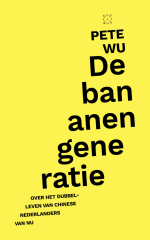
La generación de los plátanos: sobre la doble vida de los holandeses chinos de hoy
Translated from
Dutch
to
Spanish
by Beatriz Jiménez
Written in Dutch by Pete Wu
10 minutes read
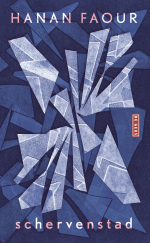
ciudad fragmentada
Translated from
Dutch
to
Spanish
by Beatriz Jiménez
Written in Dutch by Hanan Faour
9 minutes read
Všechna polní i lesní zvěř
Translated from
Spanish
to
Czech
by Martina Kutková
Written in Spanish by Adriana Murad Konings
6 minutes read
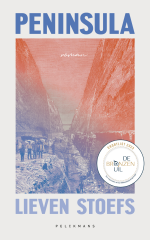
Korytarz (Peninsula)
Translated from
Dutch
to
Polish
by Anna Opara
Written in Dutch by Lieven Stoefs
7 minutes read
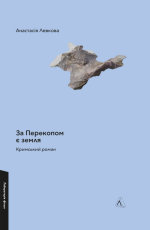
Bilo je nekoč na Krimu
Translated from
Ukranian
to
Slovenian
by Rina Pleteršek
Written in Ukranian by Anastasia Levkova
9 minutes read
Para no verte
Translated from
Portugese
to
Spanish
by Lara Carrión
Written in Portugese by Valério Romão
10 minutes read
Punct de evadare
Translated from
Dutch
to
Romanian
by Cătălina Oșlobanu
Written in Dutch by Maud Vanhauwaert
8 minutes read
Esmeralda
Translated from
Portugese
to
Italian
by Elisa Rossi
Written in Portugese by Luis Brito
7 minutes read
ONZE VADER
Written in Dutch by Lotte Lentes
7 minutes read
Tornando a casa
Written in Italian by Fabrizio Allione
8 minutes read
El automóvil de la Antigua Grecia
Translated from
Czech
to
Spanish
by Daniel Ordóñez Franco
Written in Czech by Ondrej Macl
11 minutes read
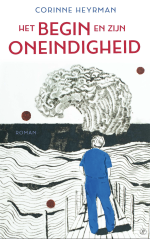
Началото и неговата безкрайност
Translated from
Dutch
to
Bulgarian
by Elena Dimitrova
Written in Dutch by Corinne Heyrman
9 minutes read
ČMRLJEV ŽLEB – KRATAK SADRŽAJ
Translated from
Slovenian
to
Serbian
by Jelena Dedeić
Written in Slovenian by Agata Tomažič
13 minutes read
Domani
Translated from
Romanian
to
Italian
by Andreaa David
Written in Romanian by Lavinia Braniște
6 minutes read

Přibližně v ten samý okamžik mě pohltilo město
Translated from
Ukranian
to
Czech
by Adéla Mikešová
Written in Ukranian by Anastasia Levkova
8 minutes read
Je to v pořádku
Translated from
Dutch
to
Czech
by Veronika Horáčková
Written in Dutch by Aya Sabi
6 minutes read
Uma declaração de dependendência
Translated from
Dutch
to
Portugese
by Pedro Viegas
Written in Dutch by Rebekka de Wit
10 minutes read

Koridor (Peninsula)
Translated from
Dutch
to
Slovenian
by Lucija Janc Novak
Written in Dutch by Lieven Stoefs
7 minutes read